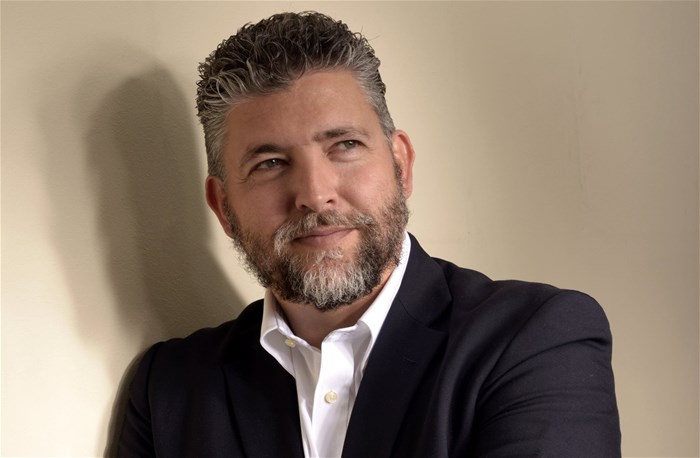
Top stories


Marketing & MediaWarner Bros. was “nice to have” but not at any price, says Netflix
Karabo Ledwaba 1 day




More news

Logistics & Transport
Maersk reroutes sailings around Africa amid Red Sea constraints

















“Entrepreneurial success is less about talent, skill and education than it is about sticking it out when things aren’t going your way. It’s what I call Blue Heart – the ability to stand up again and again and again, no matter how many times you get knocked down,” says Raiz.
He continues, “Experience has shown me that you don’t necessarily need to be born with resilience. It’s something you can grow and improve throughout your business journey.”
So, how can South African entrepreneurs improve their resilience? Raiz has three top tips.
Research shows entrepreneurs with a clear and detailed vision have a much higher chance of success than those who don’t. Furthermore, those entrepreneurs who revisit their vision regularly have an even higher chance of success.
The reason is that if your vision is front and foremost in your mind, when you are going through a really tough time, you relate far more to your why which gives you the impetus to carry on and work through the pain.
You can have a bad day but a good week. You can have a bad week but a good month. You can have a bad month but a good quarter. And you can have a bad quarter and a good year.
If you follow this thinking, every time you have a bad day, there are four additional conceptual timeframes for you to remedy a negative outcome. You can start again tomorrow to have a good day.
Reframing is seen as one of the most important characteristics of successful entrepreneurs. This is the ability for entrepreneurs who find themselves in a bad situation to reframe it in a positive way.
The classic ‘re-framer’ will ask the question: If I had to look back in two years and see this (terrible) event as a positive learning opportunity, why would that be? And, based on the answer, they are motivated to move out of their negative funk.
Resilience is something the contestants of the 2022 Engen Pitch & Polish competition know all about. Over the course of the competition, the 16 starting contestants have been going head to head in the battle to take away the first prize worth R1m.
Twelve of the contestants have already gone home but all of them have been exposed to a Raizcorp learning programme and have been taught more about tools of resilience.
“If you can’t make effective decisions when facing negative situations or change or if you can’t learn from your failures, you won’t be able to build a sustainable business,” says Raiz. “That’s where resilience makes all the difference.”